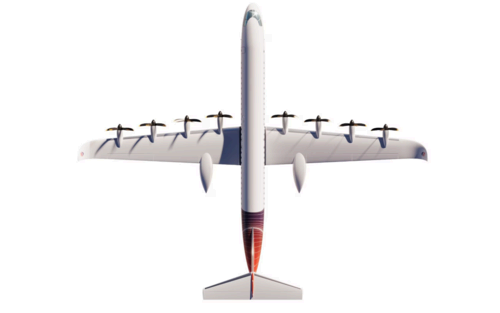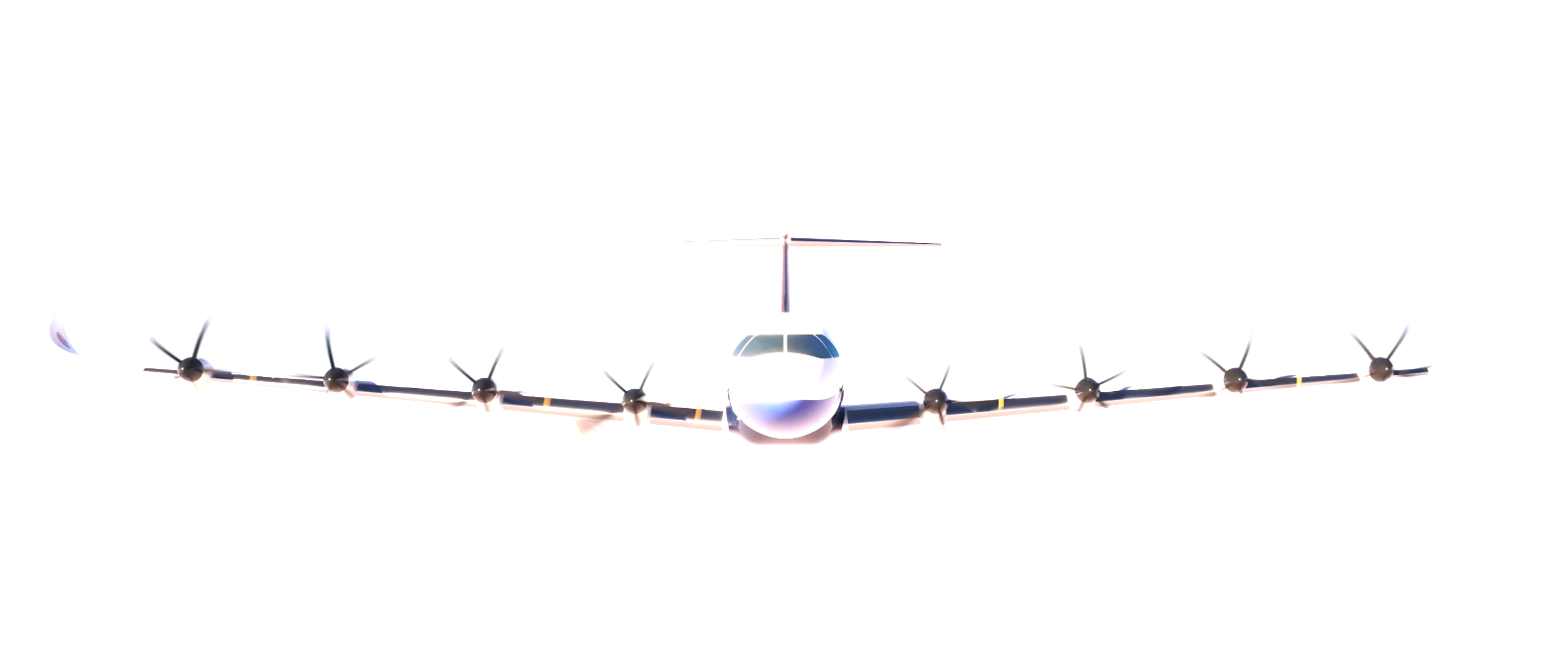Forward-looking: A Dutch firm has announced plans to develop an electric aircraft capable of carrying 90 passengers. The company notes in newly published research papers that “large battery-electric aircraft can carry much more energy and are aerodynamically more efficient than originally assumed.”
Startup Elysian unveiled its plans at the SciTech 2024 show, the world’s largest event for aerospace R&D. The company says its newly designed E9X aircraft can hold more passengers and fly further than believed possible for an EV plane. Being able to hold 90 people and fly up to 500 miles on a single charge is a lot better than current estimates for electric aircraft, which say around 20 passengers and under 200 miles are the limits.
Elysian’s design utilizes concepts such as span loading, low-wing configuration, and advantages of electric propulsion, writes VentureBeat. The E9X concept is a low-wing craft with a fuselage measuring 9 feet, 11 inches, and a large 137.7-foot wingspan with folding tips so it can fit airport gates. It also features a battery with an energy density of 360 Wh/kg.
As per FlightGlobal, the batteries are strategically located in the wing-box to minimize the root-bending moment, allowing a lower wing structural weight, the study says. The E9X will feature eight 12-foot propellors and a turbogenerator in the rear fuselage that provides 45 minutes of extra power – Elysian says this is solely an emergency reserve measure and not a range extender, which would make the plane a hybrid.
The 35 tonnes of batteries and their packing account for 46% of the E9X’s 76 tonnes maximum take-off weight.
Elysian says there are still technical challenges to address before the E9X becomes a reality, including reducing the recharge time of the batteries, thermal management, propeller-wing integration, and the design and certification of the reserve energy system. The company has partnered with the universities of Twente and Delft, and national aerospace research institutes in the Netherlands and Germany to try and find solutions to these issues.
Daniel Rosen Jacobsen, Elysian’s chief business officer and its co-chief executive alongside Rob Wolleswinkel, says it will cost $8-10 billion to bring the E9X into production. Elysian has raised $10 million to date, so there’s still a way to go, but the company believes the aircraft will go into service by 2033.
Aviation is responsible for 2.5% of all global CO2 emissions. As with vehicles, it’s hoped that a move to electric aircraft will have massive environmental benefits. Elysian projects that, compared to other sustainable aircraft technologies, electric planes could achieve up to six times greater energy efficiency per passenger kilometer.



